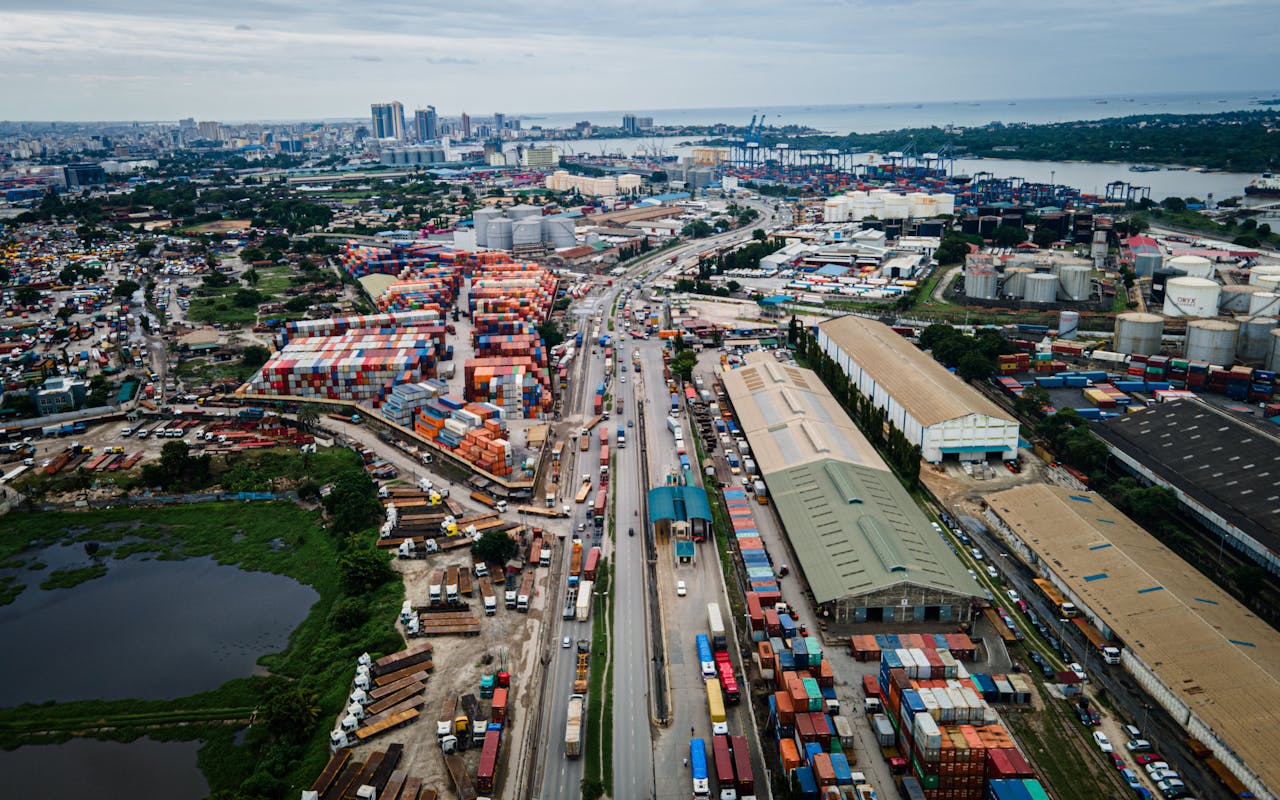July 25
This article is based on publicly available information and media sources and is intended for informational purposes only. It is not comprehensive and should not be construed as official financial, legal, or investment advice. Readers are encouraged to seek professional counsel for specific matters.
A New Era for African Trade
Cross-border trade is becoming increasingly central to Africa’s economic future. With 54 nations, a population of over 1.4 billion, and a growing middle class, the African continent holds enormous potential as a unified market. Yet, the current level of intra-African trade remains significantly underexploited. According to the African Development Bank (AfDB), only around 15% of Africa’s total trade is intra-continental, compared to 60% in Europe and 50% in Asia.
The trade barriers are multifaceted. A lack of coordinated infrastructure, varied customs procedures, and inconsistent regulations all hinder the smooth flow of goods and services across borders. These challenges translate into increased costs, delays, and inefficiencies that reduce the competitiveness of African businesses.
A key turning point in addressing these issues is the African Continental Free Trade Area (AfCFTA). As the largest free trade area in the world by number of countries, AfCFTA covers a market worth an estimated $3.4 trillion. The World Bank predicts that, if fully implemented, the agreement could increase Africa’s exports by 29%, boost income by $450 billion by 2035, and lift 30 million people out of extreme poverty.
Logistics: The Backbone of Economic Integration
However, unlocking these benefits depends heavily on improving logistics and infrastructure. The World Bank’s Logistics Performance Index highlights that many African countries lag behind global benchmarks in areas such as customs efficiency, tracking capabilities, and the availability of trade-supporting infrastructure like ports, railways, and warehousing facilities.
A significant obstacle is the disparity in border management systems. Varying documentation requirements, inconsistent application of tariffs, and manual processes lead to delays and corruption. For example, a 2022 study by the International Trade Centre (ITC) found that delays at border posts can increase transport costs by up to 30% and reduce the shelf life of perishable goods.
Solutions must therefore focus on both physical and procedural harmonisation. Investment in transport corridors, such as the North-South Corridor in Southern Africa and the Lamu Port-South Sudan-Ethiopia Transport (LAPSSET) corridor in East Africa, is already underway. These efforts aim to connect landlocked countries to global trade routes and reduce transit times.
Global Partnerships and China’s Growing Role
China’s growing role in Africa’s logistics development is also notable. Through the Belt and Road Initiative (BRI), China has financed and constructed major infrastructure projects including ports (e.g., Mombasa and Djibouti), railway lines (such as the Addis Ababa–Djibouti and Mombasa–Nairobi standard gauge railways), and road networks. According to the China Africa Research Initiative (CARI) at Johns Hopkins University, between 2000 and 2022, China committed more than $150 billion in loans for African infrastructure. These investments are playing a crucial role in enhancing cross-border trade connectivity, although concerns remain around debt sustainability and long-term operational capacity.
Looking Ahead
Alongside infrastructure, digitalisation is emerging as a key enabler of smoother trade. The introduction of single-window systems, electronic customs clearance, and blockchain-based logistics platforms can reduce paperwork, enhance transparency, and increase speed. Pilot programmes in Rwanda and Kenya have already shown reductions in customs clearance times by up to 70%.
Another critical element is policy coordination. Institutions such as the African Union and the Economic Communities (e.g. ECOWAS, EAC, SADC) are instrumental in aligning trade rules and standards. Continued political commitment will be essential to ensure that national policies do not undermine regional integration.
In conclusion, cross-border trade holds transformative potential for Africa’s development, but its success will depend on comprehensive improvements in logistics, regulatory alignment, and investment in digital and physical infrastructure. The contributions of international partners, such as China, must be carefully aligned with regional goals to ensure long-term, sustainable growth. As these systems mature, they can enable African producers and consumers to participate more fully in global supply chains, building resilient, interconnected economies across the continent.


